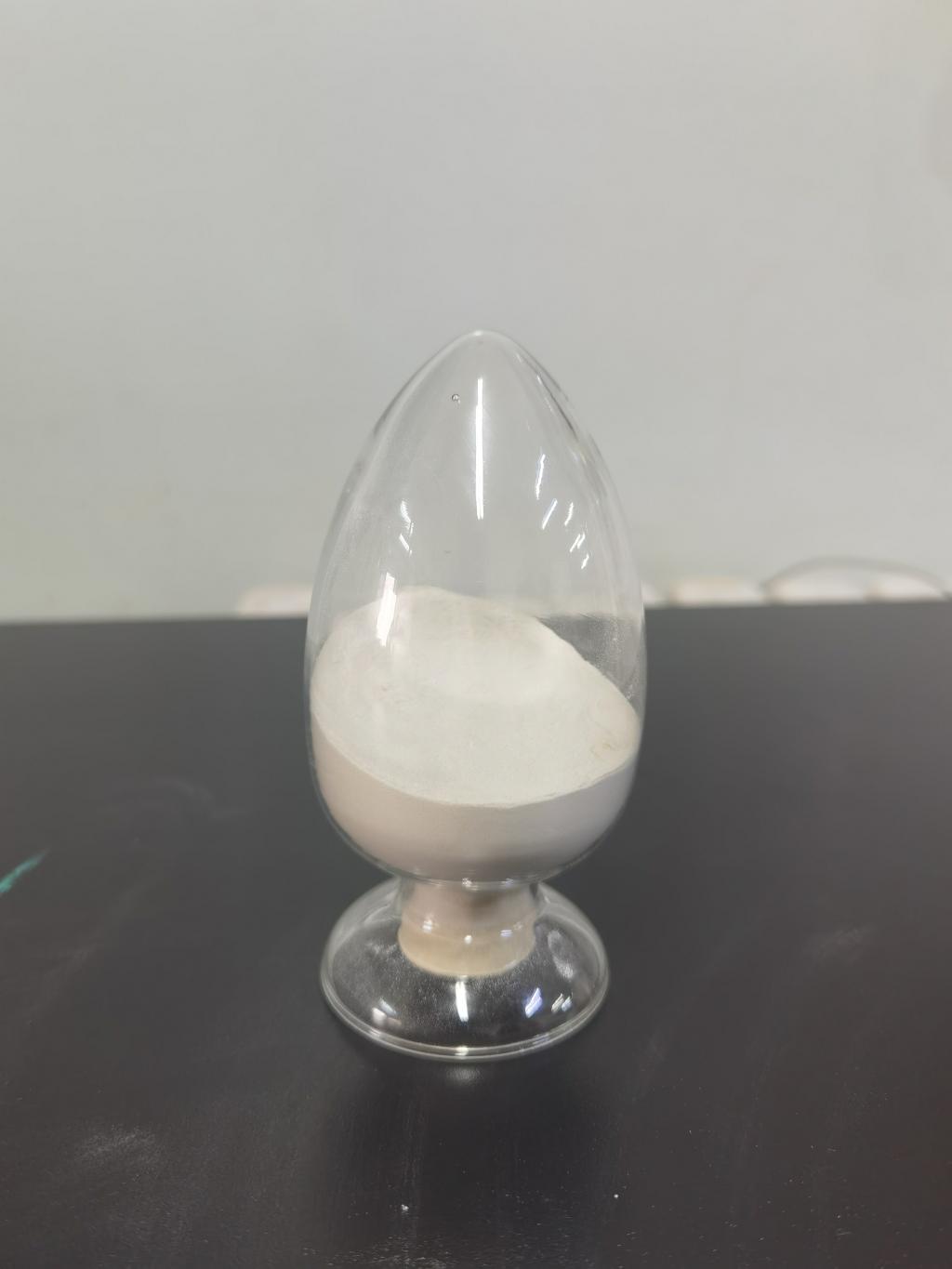Tel:+8618231198596

News
 CONTACT
CONTACT
 CONTACT
CONTACT
- Linkman:Linda Yao
- Tel: +8618231198596
- Email:linda.yao@dcpharma.cn
- Linkman:CHARLES.WANG
- Department:Overseas
- Tel: 0086 0311-85537378 0086 0311-85539701
News
Current Position:
Home >
News
>Nisin's use in controlling microbial contamination in non-food products.
Nisin's use in controlling microbial contamination in non-food products.
TIME:2023-11-01
1. Introduction
The cosmetics and personal care industry has witnessed significant growth in recent years, with consumers becoming increasingly conscious of the products they use on their bodies. One of the major concerns in this industry is the potential for microbial contamination, which can compromise product safety and quality. Nisin, a peptide originally used in the food sector, is gaining attention as a natural and effective antimicrobial agent to address these issues. This article explores the use of nisin in controlling microbial contamination in non-food products.
2. The Versatility of Nisin as an Antimicrobial Agent
Nisin, a natural antimicrobial peptide, is produced by certain strains of Lactococcus lactis and is known for its antimicrobial properties against a broad spectrum of bacteria, particularly gram-positive bacteria. Its safety and effectiveness have been well-documented, making it a compelling choice for applications beyond food.
3. Mechanisms of Action
Understanding how nisin works is essential to its successful application in non-food products. This section delves into the mechanisms of action by which nisin combats microbial contamination, focusing on its ability to disrupt cell membranes and inhibit essential cellular processes in target microorganisms.
4. Applications in Cosmetics and Personal Care Products
Nisin's utility in controlling microbial contamination in various non-food products, such as creams, lotions, shampoos, and deodorants, will be explored in this section. Case studies and experiments demonstrating nisin's effectiveness in different formulations and against various microorganisms will be presented.
5. Safety Considerations
Safety is paramount in the cosmetics and personal care industry. Nisin's safety profile and its compatibility with human skin will be discussed, highlighting the importance of thorough testing and adherence to regulatory guidelines when incorporating nisin into non-food products.
6. Regulatory Aspects
The regulatory landscape surrounding the use of nisin in non-food products will be examined, with a focus on compliance with regulations from agencies such as the U.S. Food and Drug Administration (FDA) and the European Medicines Agency (EMA). Understanding the regulatory requirements is crucial for manufacturers seeking to introduce nisin-based antimicrobial solutions in their products.
7. Challenges and Limitations
While nisin holds promise in controlling microbial contamination, there are challenges and limitations to consider. Factors such as formulation compatibility, shelf life, and consumer acceptance will be addressed, offering insights into the practical aspects of implementing nisin in non-food products.
8. Future Directions
The future prospects of using nisin in non-food products will be explored. This section will discuss potential research areas, innovations, and emerging technologies that may enhance the efficacy and safety of nisin-based preservation strategies in the cosmetics and personal care industry.
9. Conclusion
In conclusion, the use of nisin as an antimicrobial agent in non-food products, particularly in cosmetics and personal care items, offers a promising avenue to address the issue of microbial contamination. Nisin's proven efficacy and safety, combined with a growing awareness of the importance of product safety and quality, make it a compelling option for manufacturers in this industry. As research and development efforts continue, and regulatory frameworks evolve, nisin-based solutions may become a valuable tool in ensuring the microbial integrity of non-food products, providing consumers with safer and higher-quality options for their skincare and personal care needs.
- Tel:+8618231198596
- Whatsapp:18231198596
- Chat With Skype







